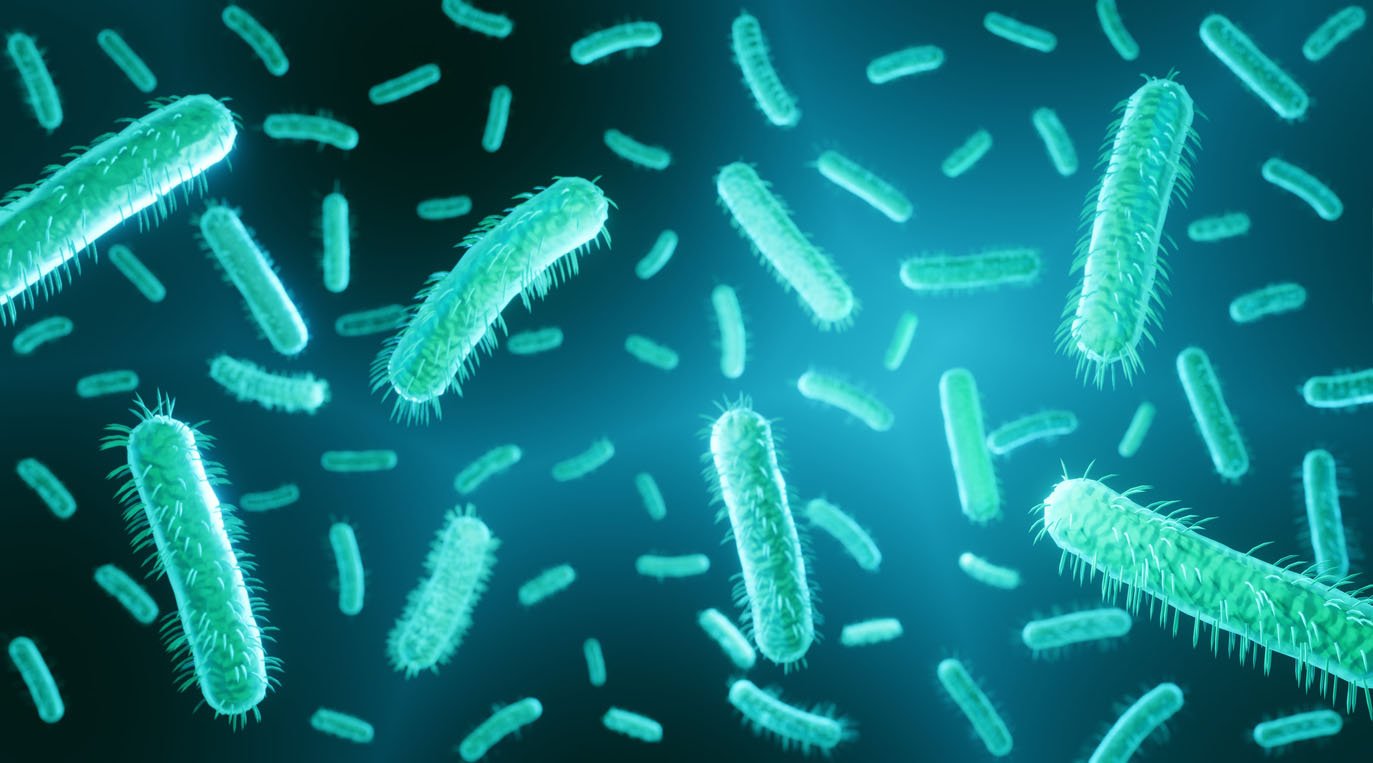Escherichia coli (E. coli) are bacteria that live in the intestines of humans and animals, especially cows and other ruminants. While most types of E. coli are benign, certain strains produce harmful toxins that can lead to serious illness or even death. One of the most virulent and harmful forms of E. coli is called Shiga toxin-producing E. coli (STEC) — this is the group of E-coli bacteria that can cause foodborne illnesses and severe gastrointestinal infections in humans.
While the most common type of STEC is E. coli O157:H7, there are many other strains of Shiga toxin-producing E. coli that cause foodborne illness in people (these strains are collectively referred to as “non-O157 STEC”). The most common non-O157 STEC serogroups reported to cause foodborne illness in the United States are O26, O111, O103, O121, O45, and O145.
While human infections are often related to consumption of meat, particularly beef products, STEC outbreaks can also occur through direct contact with certain animals, or when ingesting contaminated produce, nuts, flour, and water.

To determine STEC risk factors that might be associated with specific STEC serogroups and Shiga toxin genes (stx), the researchers analyzed 3,098 STEC cases reported to the Minnesota Department of Health (MDH) between 2010 and 2019. By analyzing these cases and the various risk factors people reported to MDH, the researchers were able to draw connections between risk factors and the transmission of various STEC serotypes. The study, published in the Journal of Infection, found:
- People infected by STEC serotype O26 reported higher-than-average person-to-person risk factors. These included having contact with someone who had diarrhea or with someone who had contact with a childcare facility.
- The serotype O157 is significantly more associated with rurality than non-O157 STEC. Previous research has shown that those infected with STEC serotype O157 predominantly lived in rural areas. This study suggests that different factors are driving O157 and non-O157 STEC, which is particularly concerning when it comes to interventions that are focused on O157’s relationship with cattle.
- People who had consumed unpasteurized juices had a greater chance of infection. Drinking unpasteurized juice was associated with a 41% greater odds of infection with an stx1-only strain.
“Understanding the differences in transmission among harmful E. coli serogroups is essential to developing public health interventions that specifically address the challenges they pose,” says Gillian Tarr, SPH assistant professor and lead author of the study. “By analyzing the distribution of STEC serogroups causing clinical infections in Minnesota, we were able to identify risk factors that are preferential to specific serogroups or stx profiles. These include risk factors associated with person-to-person transmission for O26, rurality for O157, and unpasteurized juice for stx1-only strains. Collectively, these results show differences in risk factors across STEC types, which suggest differences in the most effective routes of transmission.”
The paper recommends that serogroup-specific disease control strategies should be explored by public health officials.

